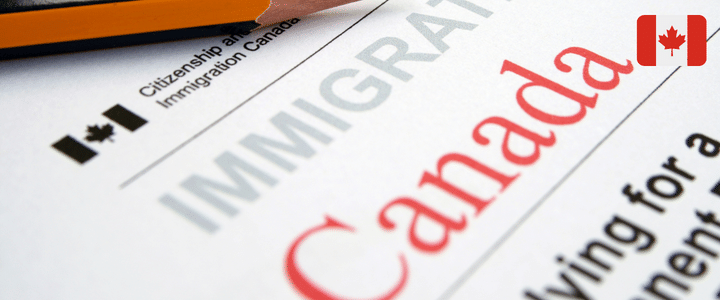The Senate vote has not passed by the Green Card Bill– What’s it mean to the Indians?

September 27 2019 11:28:01 PM
The U.S. Senate has failed to pass the Green Card Bill on eliminating the 7% per-country cap that issued green cards based on employment (EB2 and EB3 visa). Recently in July 2019, this had passed through the U.S. House of Representatives successfully. The reasons given for stalling this 2019 High-Skilled Immigrant Fairness Act are:
If this Bill passed, negative impacts on certain industries.
A certain language change request within the Bill would suit the American workforce better.
This was an important stage in this bill because the Senate voted unanimously, it may have bypassed committees, amendments, and the resulting public discussions and reached the President’s office for final signatures. The Fairness for High-Skilled Immigrants Act of 2019 had been set before Congress and is at its introductory stage. There are some more hoops to jump through before a decision can be passed, either in its support or against it. But before it arrives at that point, we get to analyze it a bit to see how it will affect the Indian diaspora, particularly since they are the most predominant beneficiaries of this Bill, not to Specify the most affected by the Green Card backlogs, if the Bill doesn’t pass.
What is the Right for High-Skilled Immigrants Act of 2019?
This Act, Generally called HR 1044, aims to boost the per-country limit for family-based immigrants from 7% to 15% while completely eliminating the per-country limit for US employment-based resident visa applicants. All this while keeping the total green cards counts issued unchanged.
How does the Fairness for High-Skilled Immigrants Act of 2019 affect Indians, if passed?
If an Indian beneficiary has an already approved US employment-based permanent residency visa, he/she might not get a visa once the bill is passed.
Once passed, beneficiaries under the EB-2 & EB-3 sub-categories will get 29,000 and 31,000 immigrant visas in FY 2020 and in FY 2021-2022 respectively.
The Act will be enacted in stages and with a transition period that will include a select number of visas issued over the next few years. It’s going to be on a first-come, first-serve basis after that.
By FY 2023 and 2024, 40,000 USA employment-based pr visas will be kept for Indians in the EB-2 and EB-3 sub-categories, beneficiaries who are already waiting for their green cards.
Priority dates will not be prioritized after FY 2023. The final application date will be determined by filing status and background checks adjustment plus the collection of biometrics.
Going ahead, candidates filing in FY 2020, 2021 and 2022 will be in a similar pool as Indians who had previously filed and waiting for a while – does this imply more wait time for Indians Probably.
Having said that, the intent of the Bill is to assure that FY 2023 processes Indians in the EB-3 subcategory.
This enables EB-2 candidates to downgrade to EB-3, which may give them a push along the calendar.
The Bill plans to club EB-2 and EB-3 subcategories after FY 2024. Hopefully, this would totally eliminate the backlogs, providing Indians a chance to see the USA Dream and its green card without having to spend decades not seeing any of them.
In conclusion, the Fairness for High-Skilled Immigrants Act of 2019 will not only benefit scores of highly-skilled Indian workers who have given their most beneficial years to the US economy but also will see the same economy prosper and be competitive because these skilled workers are allowed to come here and contribute. Eliminating the per-country limit is a major step towards America.
If you looking for US Green Card via employment, then contact XIPHIAS Immigration, the most awarded immigration firm in India. Call us today at +91-9019400500, +91-8010500200 OR email us at [email protected] OR fill a form: http://bit.ly/2XApTw4 for more information.
To Know more about the Application Process and your Eligibility
Please get in touch with our expert consultants at +91-9019-400-500 or email us at [email protected]



